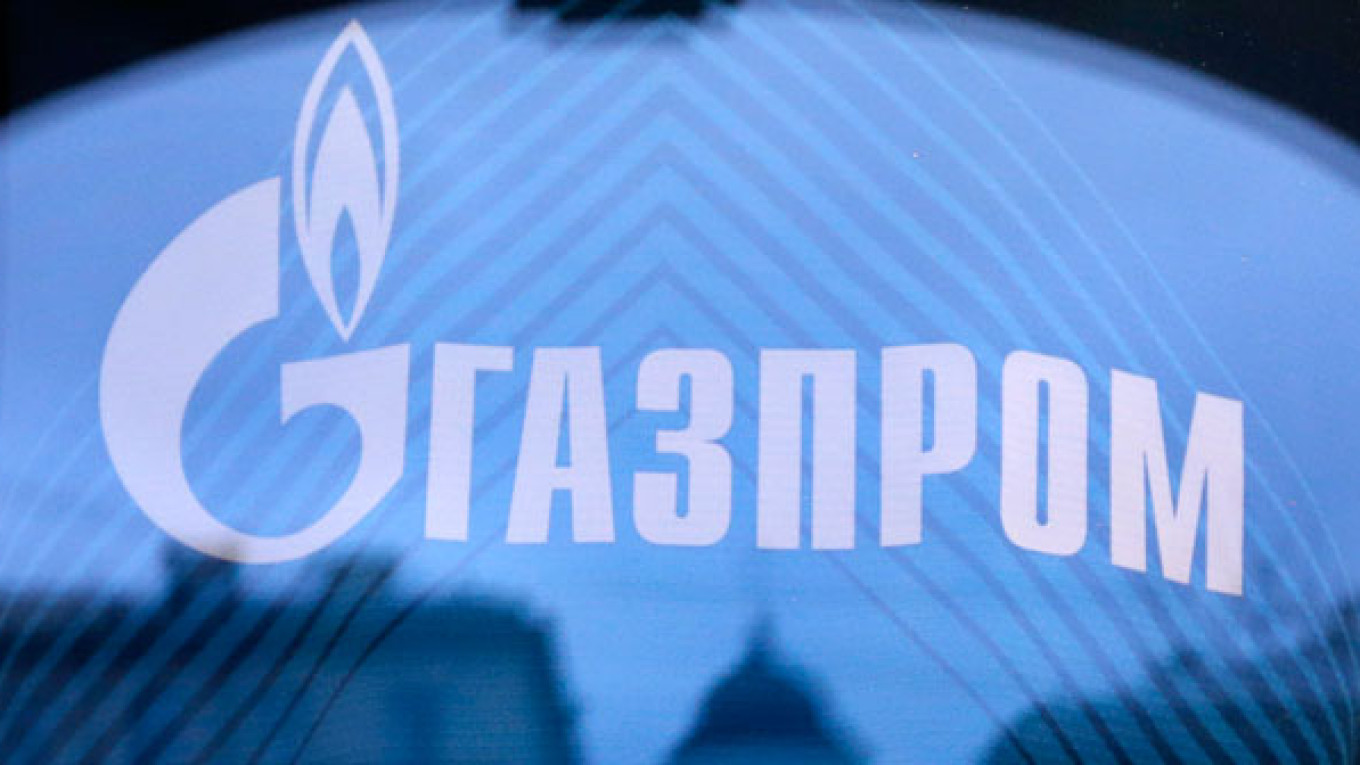ST. PETERSBURG — Foreign participants of the St. Petersburg International Economic Forum should give the Russian stock market a closer look. According to analysts, Russian companies are now massively undervalued, presenting a huge opportunity to investors brave enough to grab it.
"Russian stocks are currently trading cheaper than half of their book net asset value, levels not seen even in troubled Egypt," said Martin Graham, chairman of London-based Oracle Capital Group and former head of the London Stock Exchange's AIM international market.
There seem to be more reasons than ever to avoid Russian stocks — Russia's confrontation with the West over Ukraine risks spilling over into damaging sector-wide economic sanctions; Russian growth has stalled to near zero; and the old bugbears of corruption, arbitrary courts and poor corporate governance have gone nowhere. But given the incredibly low price of Russian stocks, logic may in fact err on the side on investing.
Take state-controlled gas firm Gazprom, Russia's biggest company. Releasing its IFRS financial statements for 2013 last month, Gazprom said it had surpassed China's Petrochina and the U.S.' ExxonMobil and Apple to become the most profitable company in the world by EBITDA, earning a little over 2 trillion rubles ($58 billion) last year.
But despite this, Gazprom stock is trading at a price-earnings ratio of less than three. On May 21, the company had a market capitalization of $99.6 billion.
Russian companies are chronically undervalued, according to Graham: "In terms of earnings Russian stocks are traded up to four times cheaper than other emerging markets, while providing the shareholders with four percent dividend yield, among the highest globally," he said.
The government has been trying to reverse the negative perceptions giving investors cold feet for years, with the International Economic Forum in St. Petersburg being one of the prime examples of the effort. But while the spat over Ukraine has stoked anxiety, the overall trend was set long time ago.
"Geopolitical risk perceptions driven by the Ukraine crisis have contributed to low valuations. But even before the Ukraine crisis, Russian equities declined because of slowing economic growth and corporate governance risks, in particular in state-controlled companies," said Dmitry Alimov, founder and managing partner of Frontier Ventures, a venture fund investing in Internet companies. ?
One of the effects of this unwillingness to buy Russian shares is to make the government more reluctant to privatize its assets. For instance, Russian flagship airline Aeroflot has repeatedly delayed its privatization, citing low valuation and market volatility. In December, Aeroflot's CEO Vitaly Savelyev told Bloomberg that the company's shares are about 40 percent undervalued.
Even Russia's Internet and technology sectors, whose companies have traded better than other firms, currently trade at substantial discounts to pre-crisis levels, according to Alimov. Shares in Yandex, Russia's leading internet search engine, plunged in early March, when the State Duma gave President Vladimir Putin permission to use military force in Ukraine. They then plummeted again in late April, when Putin hinted that Yandex had been subject to unfriendly influence by foreign powers, though the company has recovered some of the looses since.
The relentless downward trend cannot continue for ever. At some point, valuations will fall far enough to make investors reassess the market.
"Russia was abnormally cheap even before the Ukrainian events, we see it as a sign of an oversold market. If Russian stocks' discount to emerging market peers squeezes at least by half, this could lead to over 50 percent growth from current levels," said Ghaham.
"The key unknown in this picture, however, is the timing," he added.
Contact the author at i.nechepurenko@imedia.ru
A Message from The Moscow Times:
Dear readers,
We are facing unprecedented challenges. Russia's Prosecutor General's Office has designated The Moscow Times as an "undesirable" organization, criminalizing our work and putting our staff at risk of prosecution. This follows our earlier unjust labeling as a "foreign agent."
These actions are direct attempts to silence independent journalism in Russia. The authorities claim our work "discredits the decisions of the Russian leadership." We see things differently: we strive to provide accurate, unbiased reporting on Russia.
We, the journalists of The Moscow Times, refuse to be silenced. But to continue our work, we need your help.
Your support, no matter how small, makes a world of difference. If you can, please support us monthly starting from just $2. It's quick to set up, and every contribution makes a significant impact.
By supporting The Moscow Times, you're defending open, independent journalism in the face of repression. Thank you for standing with us.
Remind me later.


